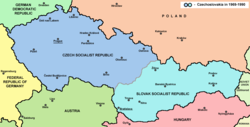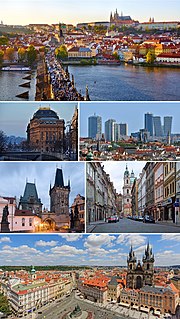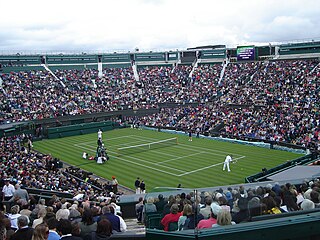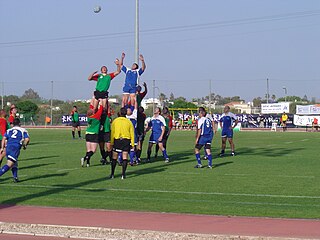| Rugby union in Czechoslovakia | |
|---|---|
Map of Czechoslovakia | |
| Country | Czechoslovakia |
| National team | Czechoslovakia |
National competitions | |
Club competitions | |
Rugby union in Czechoslovakia was a moderately popular sport. It was most popular in Moravia (especially Brno), Prague and Bratislava

Rugby union, commonly known in most of the world simply as rugby, is a contact team sport which originated in England in the first half of the 19th century. One of the two codes of rugby football, it is based on running with the ball in hand. In its most common form, a game is between two teams of 15 players using an oval-shaped ball on a rectangular field with H-shaped goalposts on each try line.

Czechoslovakia, or Czecho-Slovakia, was a sovereign state in Central Europe that existed from October 1918, when it declared its independence from the Austro-Hungarian Empire, until its peaceful dissolution into the Czech Republic and Slovakia on 1 January 1993.

Moravia is a historical region in the Czech Republic and one of the historical Czech lands, together with Bohemia and Czech Silesia. The medieval and early modern Margraviate of Moravia was a crown land of the Lands of the Bohemian Crown, an imperial state of the Holy Roman Empire, later a crown land of the Austrian Empire and briefly also one of 17 former crown lands of the Cisleithanian part of the Austro-Hungarian Empire from 1867 to 1918. During the early 20th century, Moravia was one of the five lands of Czechoslovakia from 1918 to 1928; it was then merged with Czech Silesia, and eventually dissolved by abolition of the land system in 1949.
















